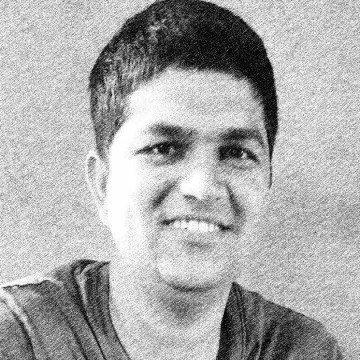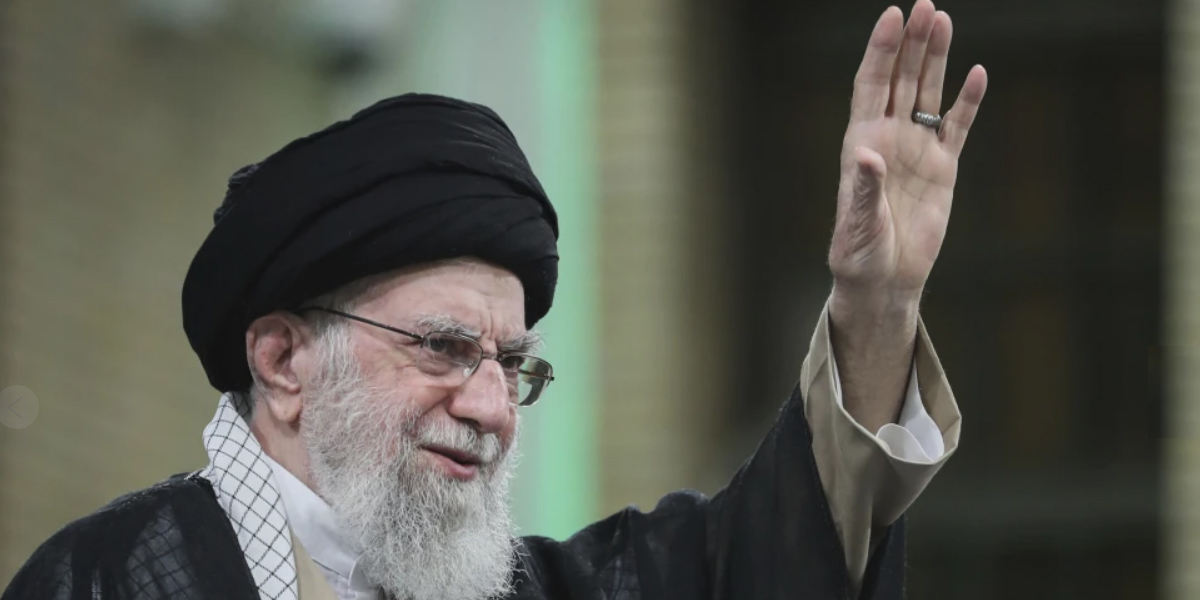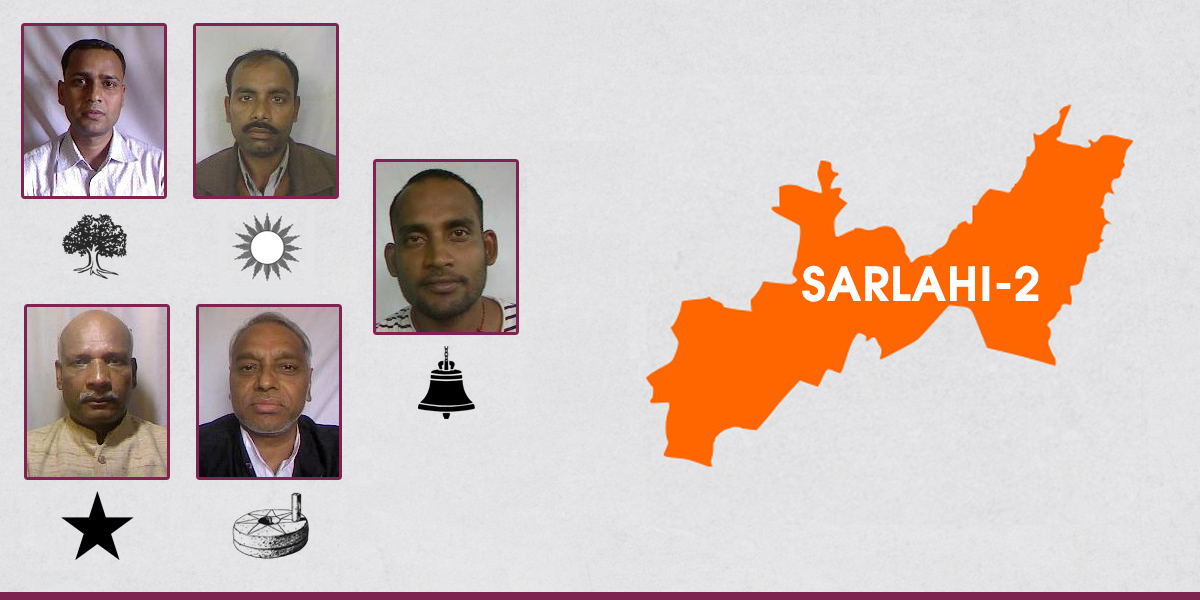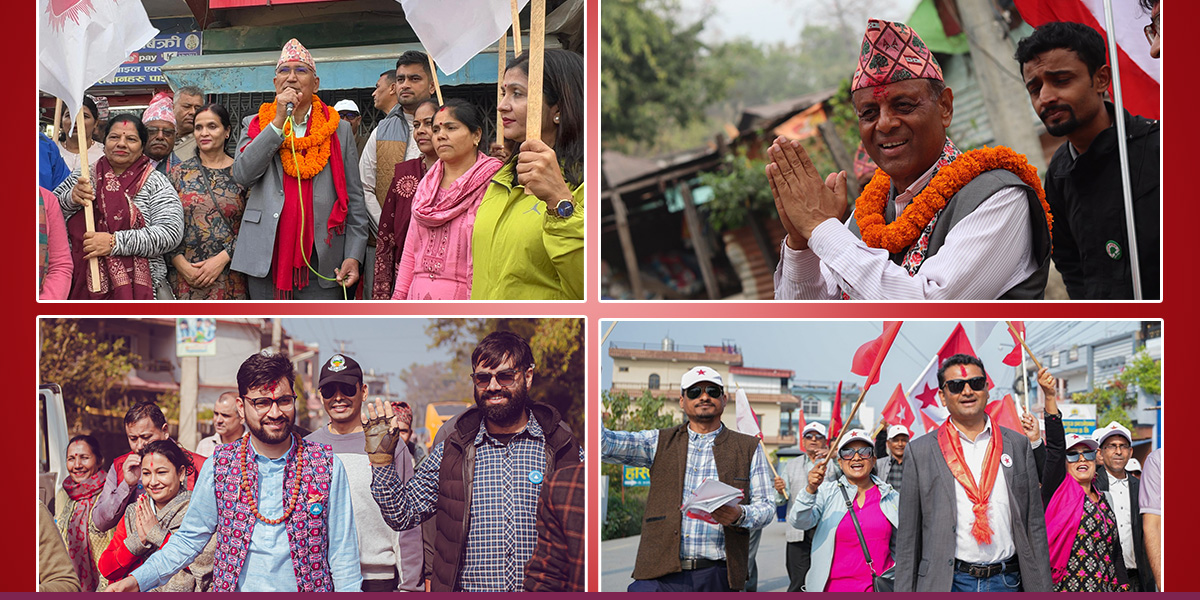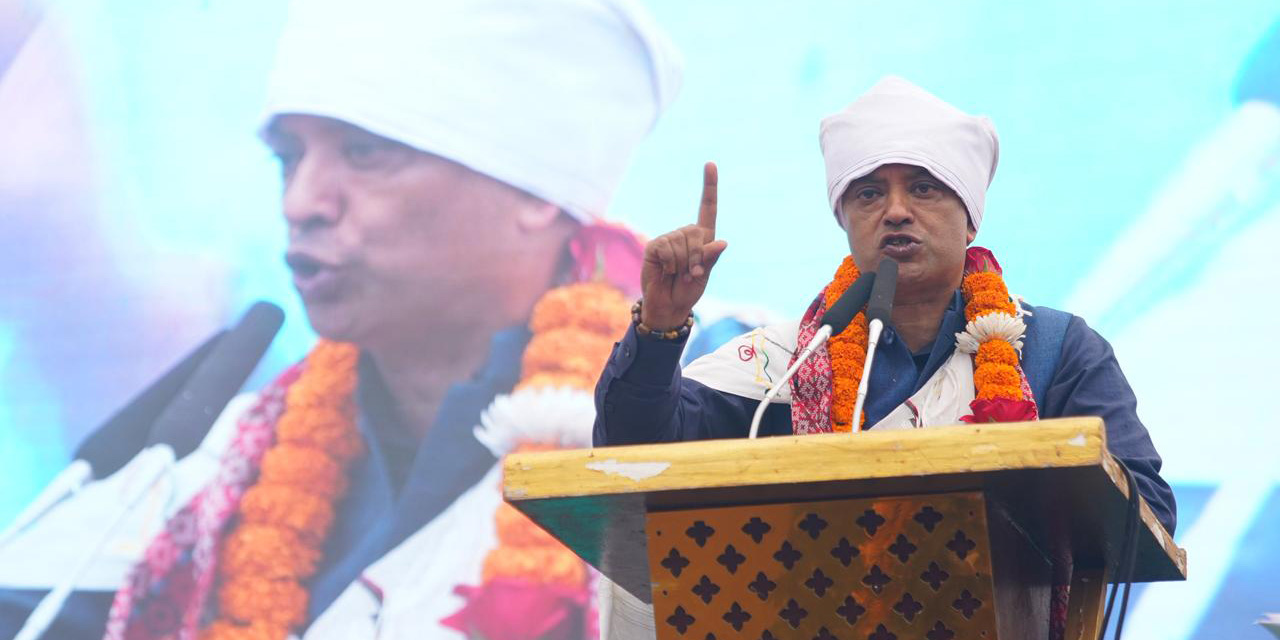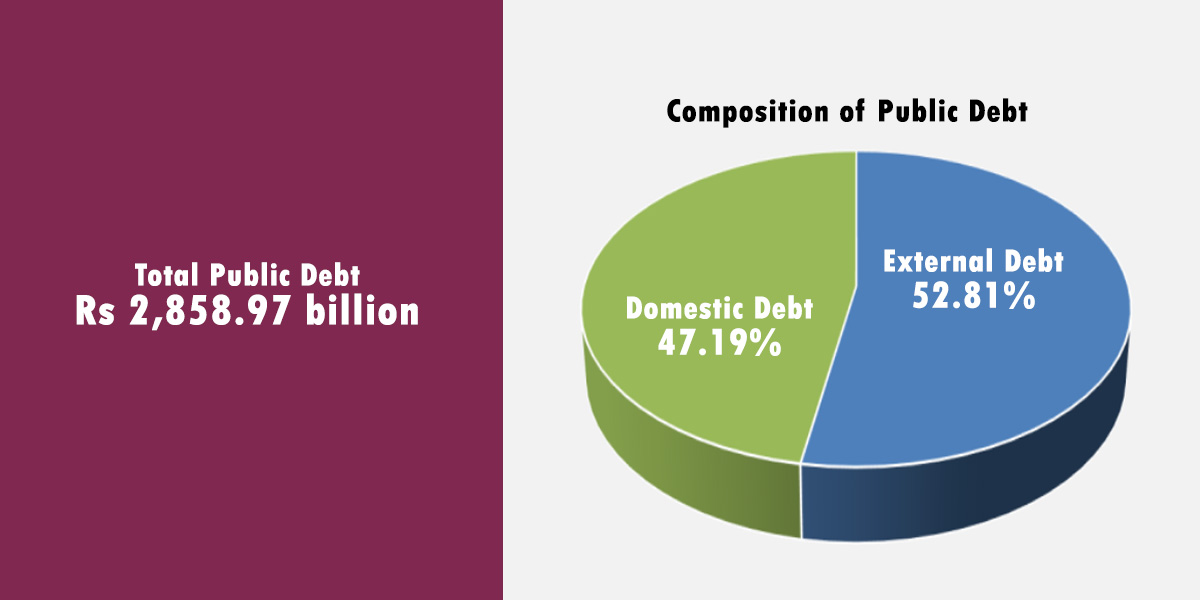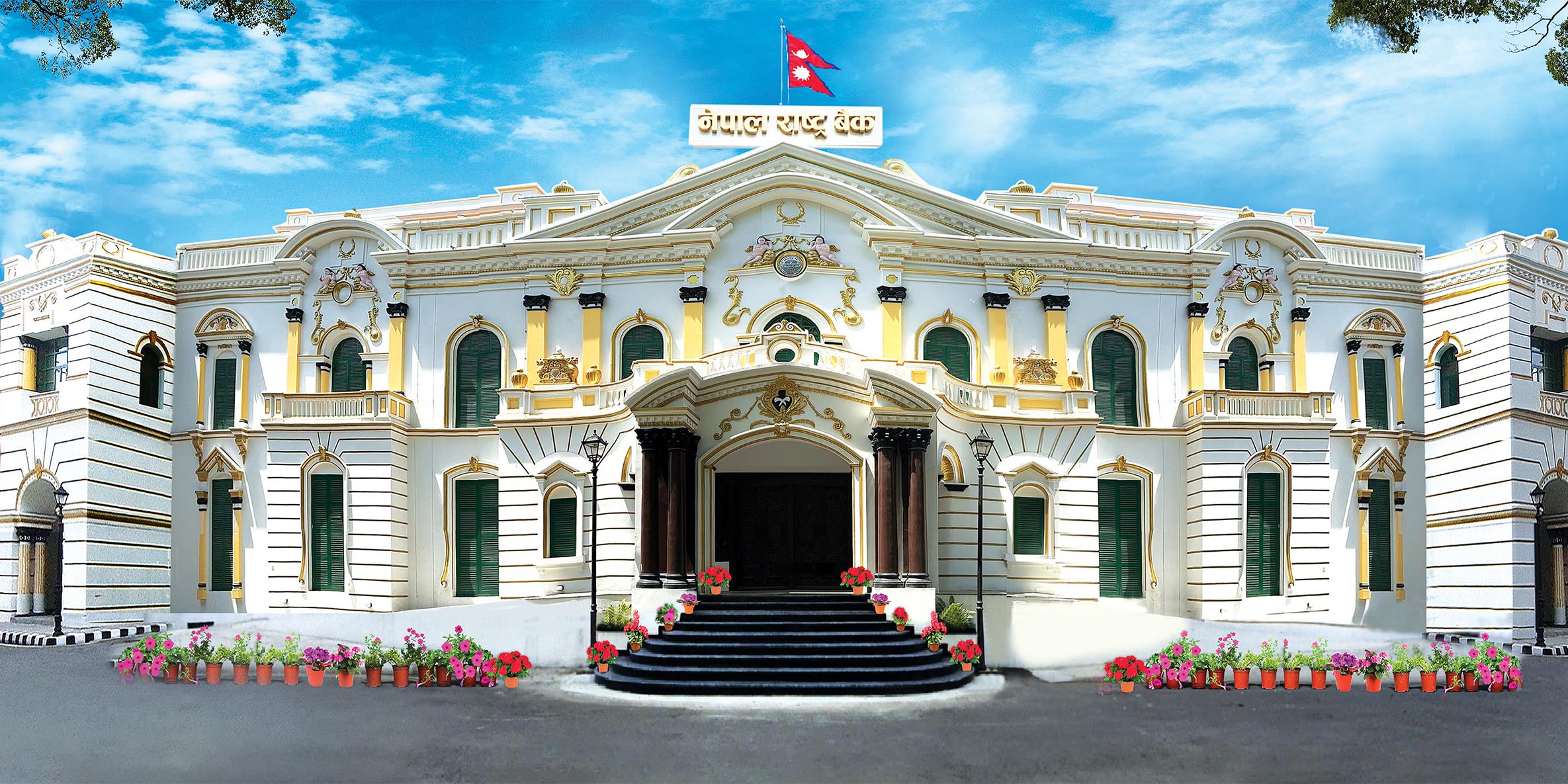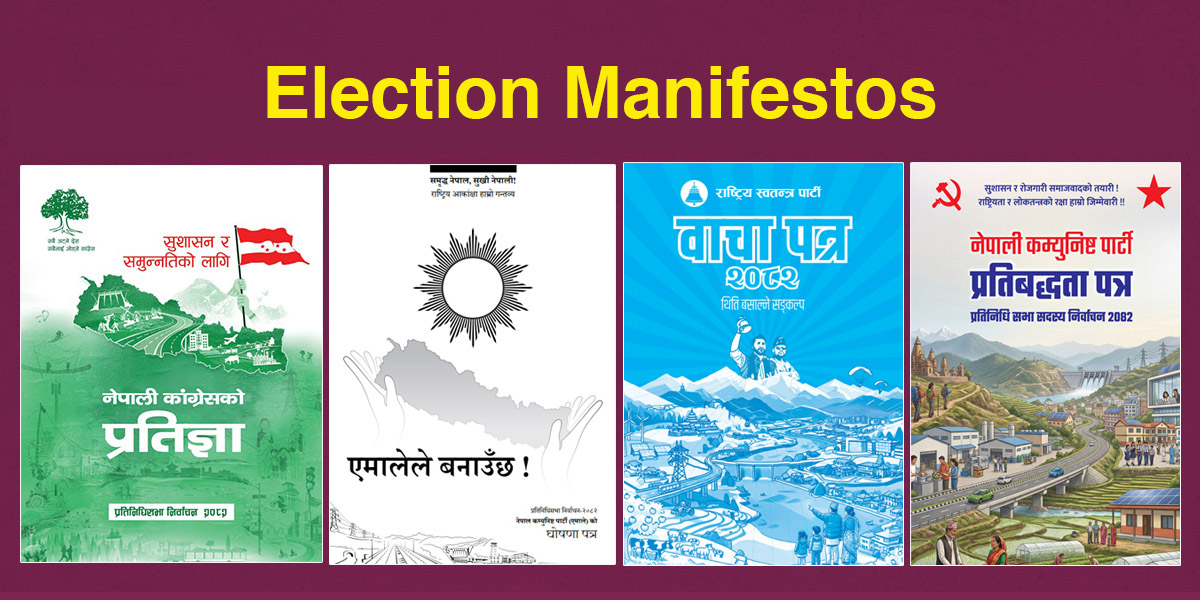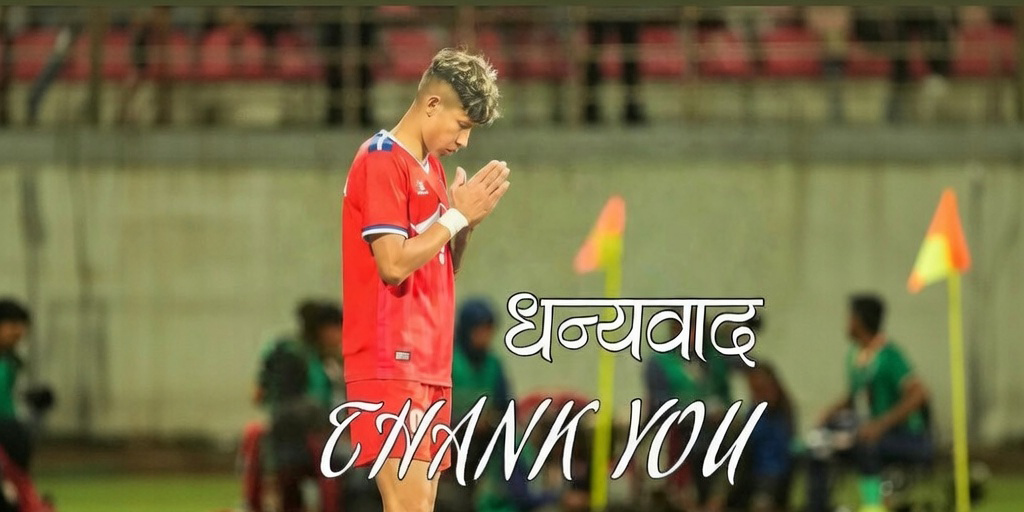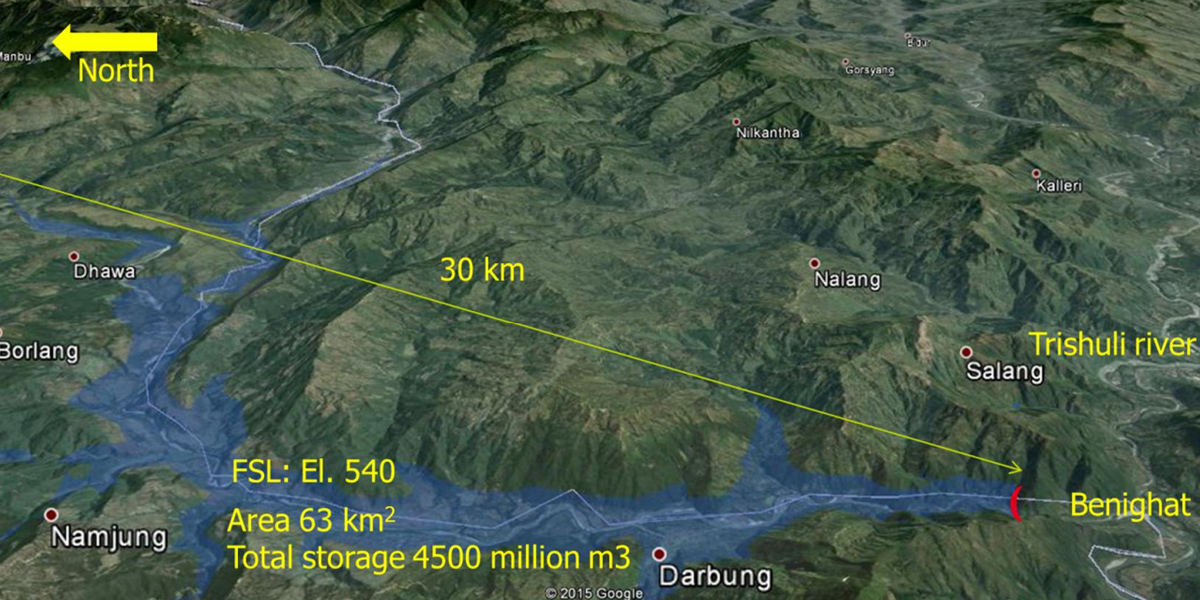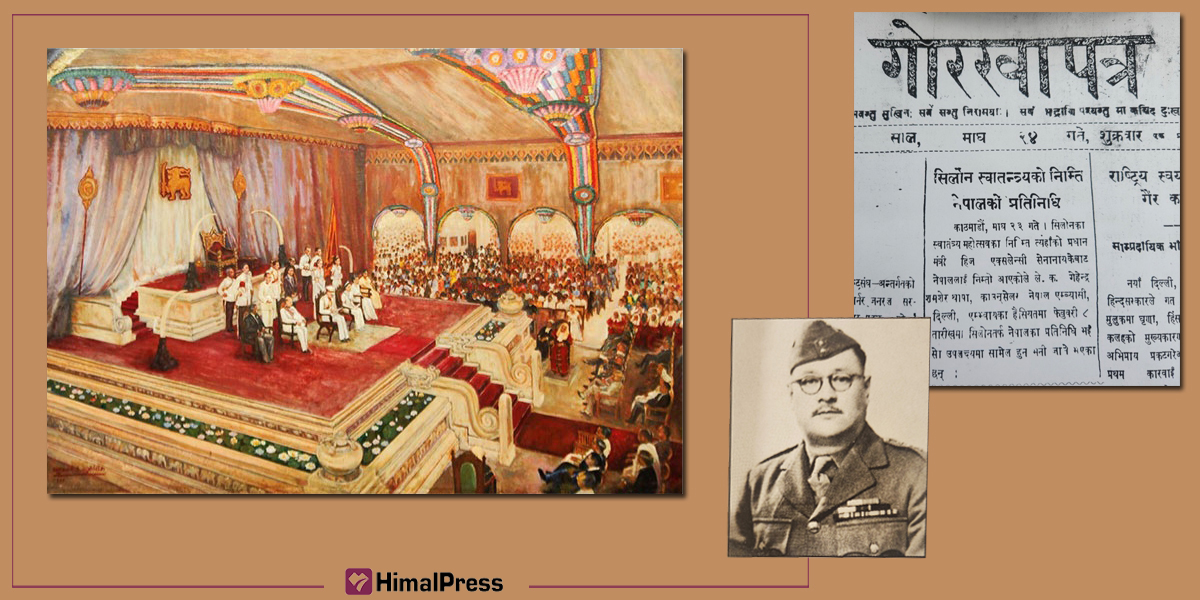
Minister for Foreign Affairs, Dr Bimala Rai Paudyal, left for Sri Lanka on Thursday to participate in the 75th anniversary celebration of the country’s independence from British rule. President Ranil Wickramasinghe will host a special event to mark the occasion. This is Paudyal’s first trip as the foreign affairs minister.
It has been 75 years since the British Empire, which colonized all of South Asia except for Nepal, left Sri Lanka. The island nation gained independence from British rule on February 4, 1948. Afghanistan was the first country in South Asia to achieve independence in 1919, followed by India and Pakistan in 1947.
Nepal has strong religious and cultural ties with Sri Lanka, which was known as Ceylon until 1978. Sri Lanka has a significant Buddhist population, and Nepal is the birthplace of Lord Buddha.
Nepal and Sri Lanka established diplomatic relations on July 1, 1957, nine years after Sri Lanka’s independence from British rule. (Civil and Military Gazette, Lahore, July 3, 1957)
Sri Lanka is the 10th nation with which Nepal established diplomatic ties. The government led by Tanka Prasad Acharya also established diplomatic relations with the Soviet Union, Japan, Switzerland, and Egypt. Prior to the establishment of diplomatic ties, there were sporadic engagements between Nepal and Sri Lanka. For example, 173 years ago, the first Rana Prime Minister, Jung Bahadur Rana, made a visit to Britain via Sri Lanka. In April 1946, a Buddhist delegation from Sri Lanka visited Nepal at the invitation of Prime Minister Padma Shamsher. Although Juddha Shamsher had banned the arrival of Buddhist visitors, restrictions were lifted after his abdication.
A three-member Buddhist delegation from Sri Lanka, led by Monk Amatananda and including Professor Ratnasuriya, Dean of Ancient Studies at the Ceylon University, and Lecturer Ariyapala, visited Nepal at the request of Prime Minister Padma Shamsher. Prime Minister Padma facilitated the arrival of Buddhist followers from Sri Lanka. (The Indian Daily Mail, April 25, 1946).
In March-April 1947, the delegations of Nepal and Sri Lanka met at the Asian Relations Conference organized by the Indian Council of World Affairs. The Nepali delegation was led by Bijaya Shamsher, while the Sri Lankan delegation was led by SWRD Bandaranaike, who later became Prime Minister of Sri Lanka from 1956 to 1959.
While the British empire was weakening in the Indian subcontinent, the independence movement was gaining momentum in Sri Lanka. The British empire faced criticism for using British Gorkha soldiers in the Netherlands to suppress the independence movement in Indonesia.
At the New Delhi conference organized by the Asian Relations Organization in 1948, Bandaranaike criticized the Nepali government for its use of Gorkha soldiers to suppress freedom movements. He stated in the conference, “Ceylon holds great significance in the law and order situation in South Eastern Asia. As Britain is preparing a broader defense strategy, it can deploy troops in Ceylon. It is also bringing Gorkha soldiers to Ceylon. I request the Nepal government not to get involved in Ceylon through Britain.”
Bandaranaike also claimed that Britain had requested the Nepali government for Gorkha troops for deployment in Ceylon. However, the leader of the Nepali delegation, Bijaya Shamsher, clarified in the conference that Britain had not made any such request with Nepal. (Asian Relations Organization, 1948).
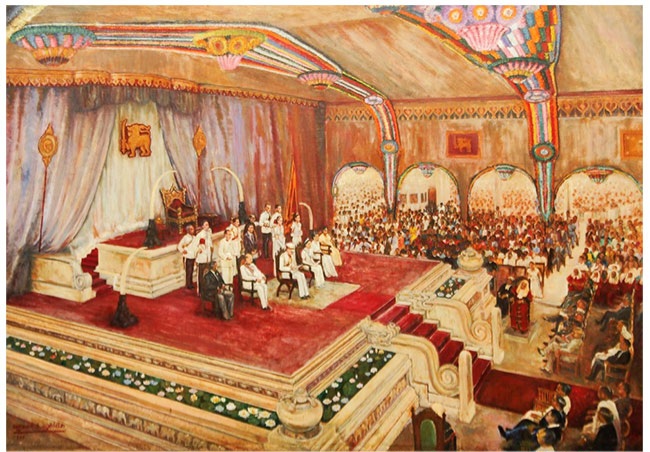
Ceylon gained independence from British rule on February 4, 1948, and independence celebrations were held throughout the country on February 8. The interim Prime Minister, DS Senanayake, invited Nepal to attend the ceremony, along with seven other nations including Britain, France, Chile, India, Pakistan, Burma, and Liberia (API, January 24, 1948).
According to a report in Gorkhapatra, the then Governor General Sir Henry addressed the ceremony. In his radio address, Prime Minister Senanayake said, “Today we shall celebrate a momentous event in the history of Sri Lanka. It will mark the birth of our freedom. In the long history of our island, the attainment of political freedom is, perhaps, only second in importance to the message of spiritual freedom which Lord Buddha delivered 2500 years ago.”
Interim Prime Minister Senanayake of Ceylon had invited Prime Minister Padma Shamsher of Nepal to attend the independence celebrations. Prime Minister Padma accepted the invitation and sent Colonel Gehendra Shamsher Thapa, a consular at the Nepali Embassy in New Delhi, as an envoy to Colombo.
Nepal’s representative attended Ceylon’s independence celebrations along with representatives from various other countries. It was the first time that Nepal had attended the independence celebration of another country by sending its representatives.
The participation of the Nepali representative in Ceylon’s independence celebrations was Nepal’s recognition of Ceylon’s independence. Prime Minister Padma also sent a message to interim Prime Minister Senanayake, which read: “I am sending congratulations on behalf of the Nepal government, the people of Nepal, and myself on Ceylon’s independence. Nepal is happy because it has a cultural closeness with Ceylon. I wish for the peace, progress, and prosperity of Ceylon and its people. Gehendra Shamsher Thapa, the consular at the Nepali Embassy in New Delhi, will attend the independence celebrations as our envoy.”
Nepal’s representative also attended Ceylon’s independence celebrations in New Delhi. Nepal’s ambassador to India, Singha Shamsher, attended a flag-hoisting ceremony organized by Ceylon’s representative in New Delhi on February 14. India’s Governor General Mountbatten, Prime Minister Jawahar Lal Nehru, and other high-ranking officials were in attendance.
While applying for UN membership, Nepal and Ceylon faced a common problem of being deprived due to the power struggle among major nations. To resolve the issue, Ceylon’s Prime Minister wrote to several world leaders, including the British Prime Minister. He also sent copies of the correspondence to Nepal, highlighting the need for both countries to raise the matter in international forums.
Nepal hosted the 4th World Buddhist Conference in November 1956. Ceylon sent a special delegation, led by its Cultural Minister Jayaweera Kuruppu, to participate in the conference.
Following Kuruppu’s visit to Nepal, discussions began to establish diplomatic relations between the two countries. Diplomatic ties were eventually established on July 1, 1957. Sri Lanka established its embassy in Kathmandu in 1993, and Nepal opened its mission in Colombo two years later.

